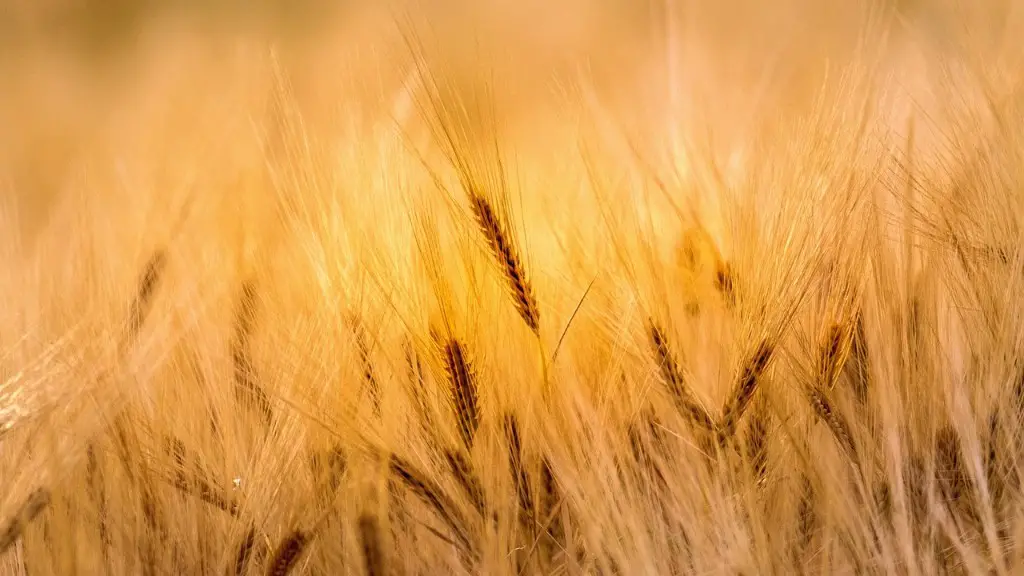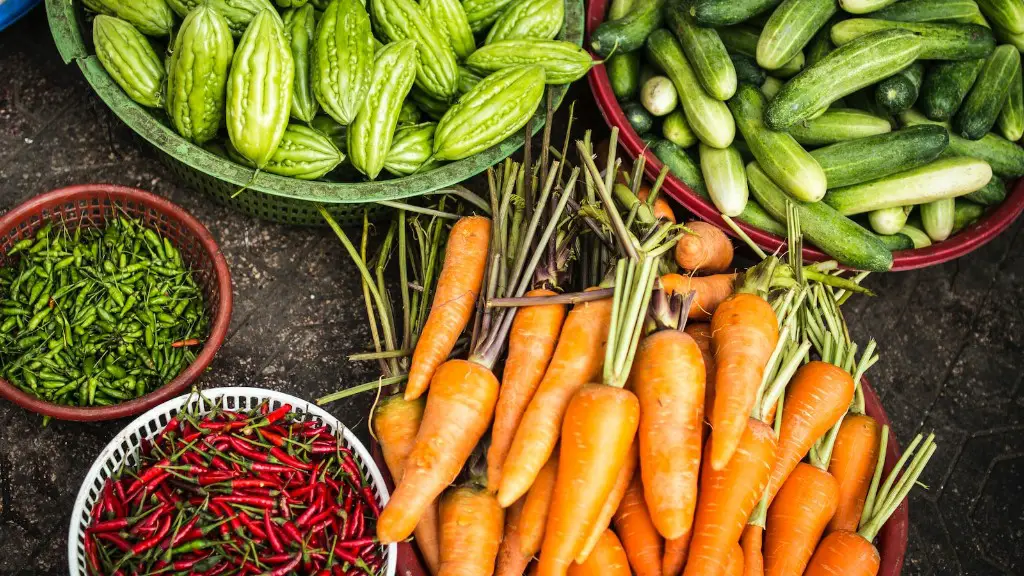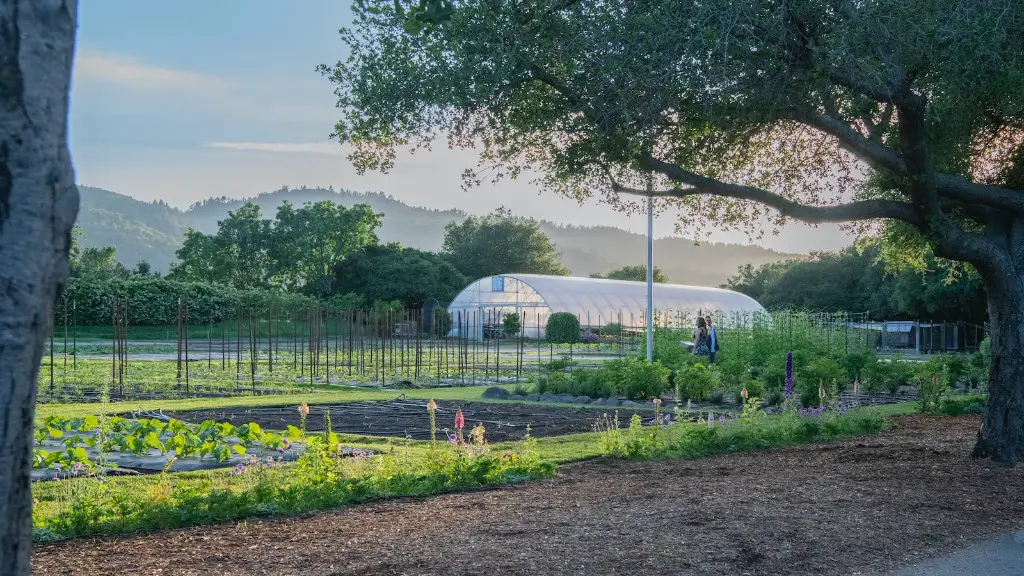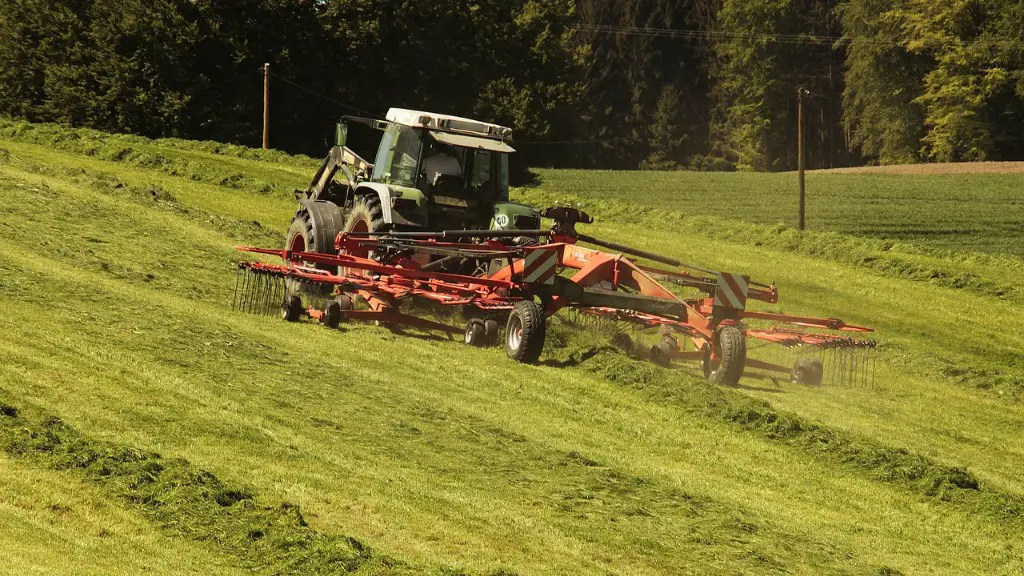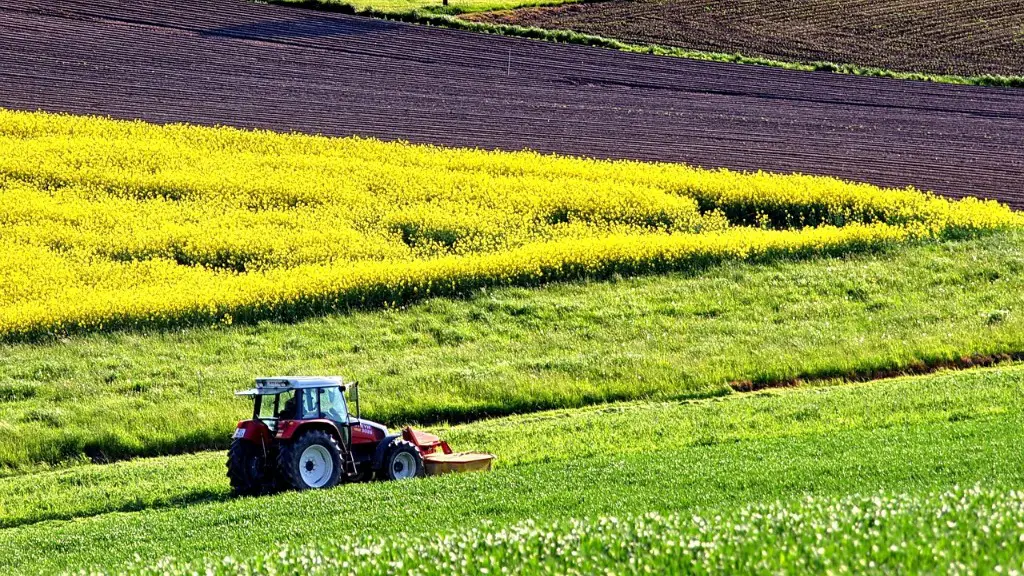Precision agriculture is a farming management system that uses information technology (IT) to gather, process, and analyze data about crops. The aim of precision agriculture is to optimize yields by making informed decisions about seed type, fertilizers, chemicals, and irrigation based on data about the specific conditions of each field.
Precision agriculture is important because it has the potential to greatly increase crop yields while reducing the use of inputs like water, fertilizer, and pesticides. In a world where the population is growing and the amount of arable land is limited, precision agriculture will be crucial for food security.
Precision agriculture is a farming management strategy that uses technology to maximize efficiency and productivity. By collecting and analyzing data, farmers can make decisions that help optimize crop growth, minimize inputs and reduce costs. Additionally, precision agriculture can help improve environmental stewardship by reducing inputs that can lead to soil or water contamination.
What is precision agriculture?
Precision agriculture is a management strategy that gathers, processes and analyzes temporal, spatial and individual data and combines it with other information to support management decisions according to estimated variability for improved resource use efficiency, productivity, quality, profitability and sustainability. It is a data-driven approach to crop production that aims to optimize yields while minimizing inputs and environmental impacts.
Precision agriculture is a field of study that uses new management practices to increase the profitability of agriculture production. Some examples of precision agriculture include drones, Global Positioning Systems (GPS) and irrigation technologies. The goal of precision agriculture is to learn new management practices to increase the profitability of agriculture production. As a researcher in this field, my goal is to assist farmers in maximizing their profitability.
What is a major focus of precision farming
Precision agriculture is a rapidly growing field that is using new technologies to increase crop yields and profitability while lowering the levels of traditional inputs needed to grow crops. In other words, farmers utilizing precision agriculture are using less to grow more. This is an important development in agriculture as it can help to increase food production while reducing the negative environmental impact of traditional farming methods.
The earliest, and most commonly used, precision ag technique is for variable rate applications of inputs. Variable rate technology (VRT) is installed on seeders, and fertilizers and is now being added to irrigation systems like center pivot systems. VRT allows farmers to apply inputs at different rates across a field. This allows farmers to target areas of the field that need more or less inputs. VRT can save farmers money by reducing the amount of inputs that are used and by increasing yields.
What problems does precision agriculture solve?
Precision agriculture is a game changer for farmers. It enables them to be more efficient in their input use, more effective in their tillage, and better able to measure and manage their crops and fields. This results in improved yields and increased profits.
SIPA is a revolutionary technique that has the potential to change the way we farm. It is a precision farming technique that uses sensors and GPS to manage crops in a more efficient way. The 5Rs in precision farming — right time, right place, right amount and right manner — contribute towards successful implementation of SIPA. By managing crops in a more efficient way, SIPA has the potential to increase yields and decrease the amount of inputs needed. This could have a huge impact on the way we farm, and could help to feed the world in a more sustainable way.
What are the three major impacts of precision farming?
Precision agriculture is a rapidly growing field that promises to increase efficiency and productivity, reduce input costs, and improve environmental sustainability. For farmers, precision agriculture can mean using GPS-guided equipment and sensors to more accurately target planting, irrigation, and fertilizer applications. This results in fewer inputs being used, less wasted resources, and improved yields. Additionally, precision agriculture can help farmers to better monitor and manage crops, soil, and water resources, leading to even further improvements in efficiency and sustainability.
GPS technology, precision steering and sensors, and variable rate technology are a few of the key tools available to farmers today. These tools allow farmers to more accurately target inputs, manage equipment remotely, and monitor crops using satellites.
What are the 4 Rs of precision agriculture
The 4R approach to nutrient stewardship is based on four key principles:
1. Using the right source of nutrients – whether they come from the soil, manure, or commercial fertilizer – to match the needs of the crop.
2. Applying nutrients at the right rate, taking into account the target plant’s nutrient requirements, soil type, and local conditions.
3. Applying nutrients at the right time, based on the crop’s need for nutrients throughout its growth cycle.
4. Applying nutrients in the right place, using precision application techniques to minimize nutrient loss and protect water quality.
Precision agriculture has been gaining popularity in recent years as a more efficient and cost-effective way to manage crops. Using techniques such as satellite mapping and GPS tracking, farmers are able to more accurately target areas that need attention, whether that be for irrigation, fertilization, or pest control. This allows for a more tailored approach to crop management, and as a result, can lead to increased yields and decrease inputs costs.
What is the impact of precision agriculture?
Precision agriculture has a number of benefits for the environment. Perhaps the most significant is the reduction in inputs (such as water, fertilizer, and pesticides) that results from more accurate and targeted applications. This not only reduces the cost of production, but also reduces the potential for loss due to excess application or nutrient imbalances. Additionally, precision agriculture can help reduce the development of pesticide resistance in crops, as well as damage from insect pests.
Precision agriculture is a farming management concept based on observing, measuring and responding to inter- and intra-field variability in crops. PA is also sometimes referred to as precision farming, satellite agriculture, as-needed farming and site-specific crop management (SSCM).
How does precision farming benefit the farmer
Precision technology is a boon for farmers as it helps them increase crop production while reducing the use of harmful chemicals and fossil fuels.
The right computer software can save you money in management decisions, says Harms. Auto-guidance equipment, Variable-Rate Technology (VRT), yield maps, and sensor technology are all great choices for farmers looking to improve their operations.
How do you implement precision agriculture?
Precision farming is a management system that uses high-tech tools and data analysis to maximize yield and minimize inputs. It is an approach that is tailored to the specific needs of each field, and it can be used in crops, livestock, and even aquaculture.
Precision farming starts with mapping, imaging, and monitoring of variabilities in crops and soil. This data is then analyzed to make informed decisions about how to best manage the land. Differential actions are taken based on the analysis, and the results are evaluated to ensure that the precision farming system is working as intended.
Precision agriculture is a rapidly growing field that is becoming increasingly important in today’s world. However, development in this field is currently fragmented across many different industry bodies, which makes adoption of new technology slow on the ground. In order to facilitate more rapid adoption of new precision agriculture technology, it will be necessary to standardize technology across the different platforms. This will be a big challenge in the future, but it is essential in order to ensure that precision agriculture can reach its full potential.
Warp Up
Precision agriculture is a farming management strategy that uses technology to increase yields, decrease inputs costs, and minimize environmental impact. By collecting data on soil type, weather, and crop growth, farmers can make more informed decisions on when to plant, how to fertilize, and when to harvest. This helps them to be more efficient with their resources and decrease their overall impact on the environment.
Precision agriculture is important because it allows farmers to be more efficient with their resources. By using precision agriculture, farmers can maximize their yields while minimizing their impact on the environment. In addition, precision agriculture can help farmers to be more profitable, as they can use less inputs and still produce high-quality crops.
